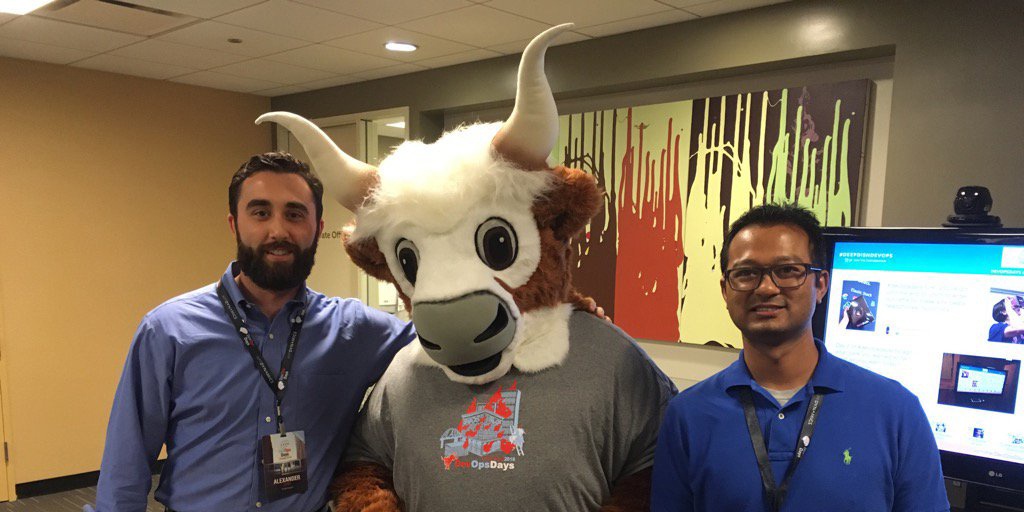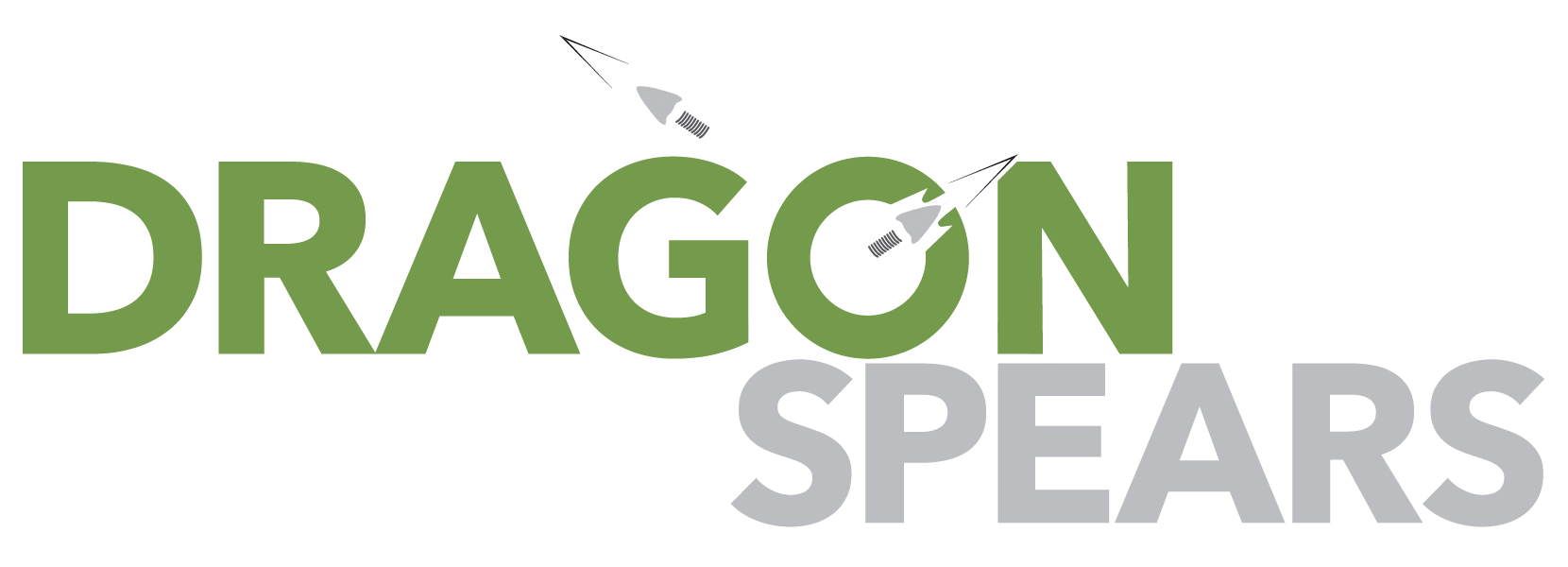
Amidst a room of 350 people, I sat listening in on one of the more compelling tech analogies I’ve heard thrown around lately. To the uninitiated, what was happening in the room looked like a technical malfunction. A speaker in the front of the room was furiously narrating along a slide show that seemed to have taken a triple shot of espresso and a mind of its own. It was showing picture after picture of wizards, elves, wizard-elves, board game diagrams, character sheets, outlandish costumes, and yet the speaker, Jeff Smith, was somehow pulling this off. He was comparing Dungeons & Dragons to DevOps. And it worked.
I’ll preface the following by saying that I know less about Dungeons & Dragons than I do about DevOps, so I’ll leave that for you to learn about on your own, but DevOps I can tell you about. The word itself, DevOps, is literally a hybrid contraction of Development and Operations. What DevOps denotes however, is a cultural movement to harmonize software development with IT operations and the rest of an organization. The symptoms of DevOps are usually rapid and reliable deployments, testable code, and unsettling calm during major releases. DevOps is what got me into a room with Jeff Smith and 350 others at DevOpsDays Chicago.
DevOpsDays is a conference hosted in many cities around the world that celebrates DevOps. It is two days devoted to collaboration and learning. Having never attended before, this was a chance for me and Roshan to get a good look at ‘the State of the DevOps’ here in Chicago.
Furthermore, we (DragonSpears) were at DevOpsDays Chicago because, like many, we care about software development process, and DevOps is to software development process as a Sherpa is to the Himalayas. So as you can imagine, going to DevOpsDays was a big treat for us. And looking back at it, Roshan and I found that the intense collaboration and the jarring honesty these professionals shared with each other at DevOpsDays was actually a microcosm of what DevOps is all about: constant improvement, elevating the status quo.
Most of the first day was an exercise in getting used to the format. I’d never witnessed Ignite talks before. I’d certainly never participated in Open Space format discussions. These new things were awkward initially, but once everyone got over the hump, these formats were great. People wanted to hear your thoughts. They wanted to challenge your ideas. They gave you the outside perspective that is so valuable when building software. Another component that I think benefited everyone was that the topics never strayed too technical or too hand-wavy about process or culture.
The second day, it felt like a community had come together. The topics were stellar. DevOps is about looking at your weaknesses and attacking them with a can-do attitude. That is something we embrace here at DragonSpears. We know that it’s challenging to look at your applications and want to hurt them. You’d have to be crazy to deliberately want to break your application, but that’s the very reason why you must. That ethos manifested itself throughout the event, and was incorporated in each of the discussions. Not one technical speaker spent their time talking about how their product or solution worked like magic. These tools were pragmatically explained as being designed to accomplish X, Y, and Z but that users would need to be wary of the complications related to A, B, and C. Transparency was the word.
To reiterate, the event was awesome. It reinforced what we learned on our own DevOps journey here at DragonSpears - that it’s better to be a level 66 Wizard-Elf than it is to be a level 88 Wizard or a level 96 Elf. Have some breadth and some depth. The best teams are made up of these T-shaped people. It’s what your next employer, your future investor, or even your future spouse will be looking for in you. And if you look closely at any successful DevOps culture, or any DevOpsDays event, these are the people you will find: constantly improving, elevating the status quo.
